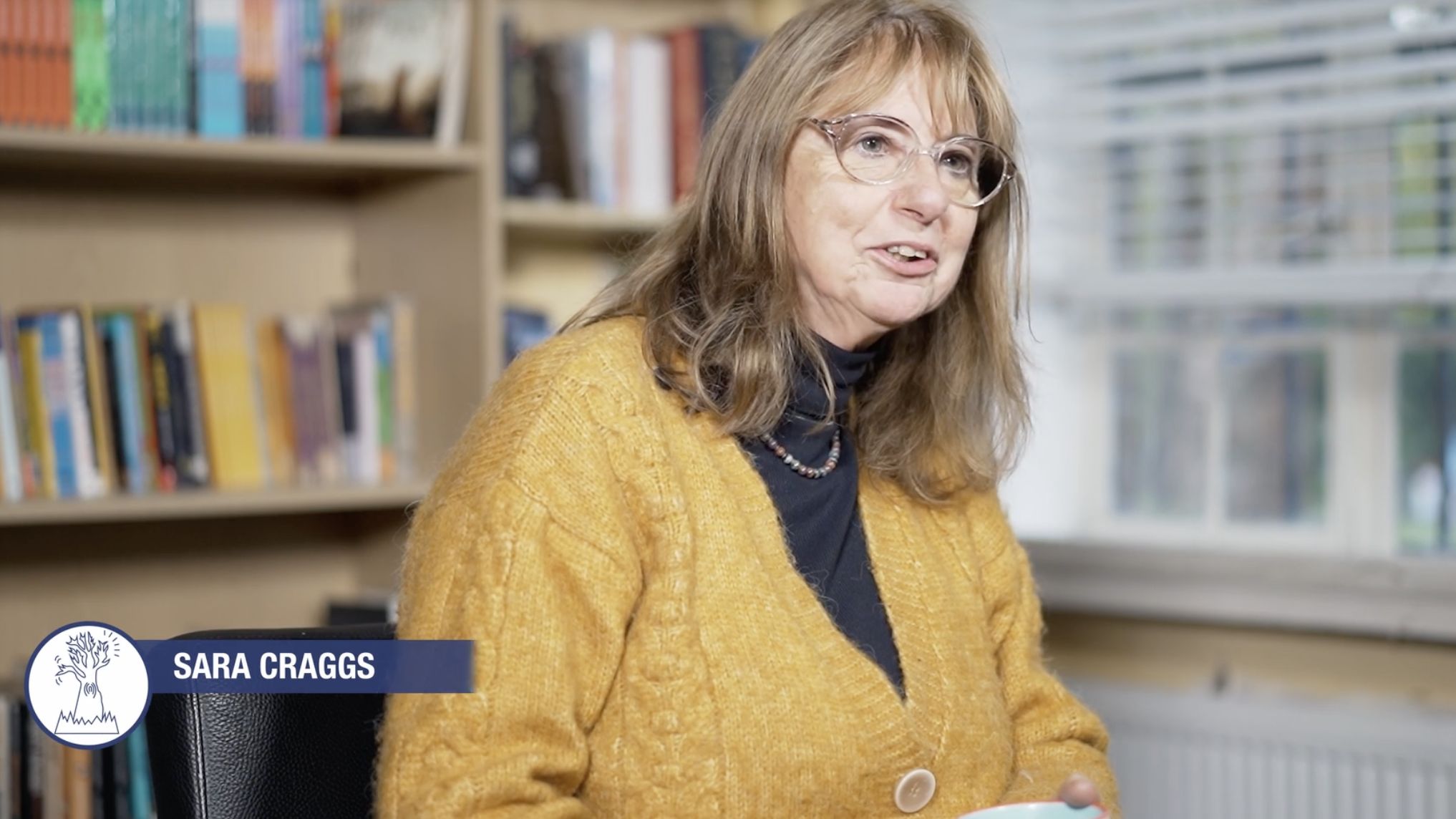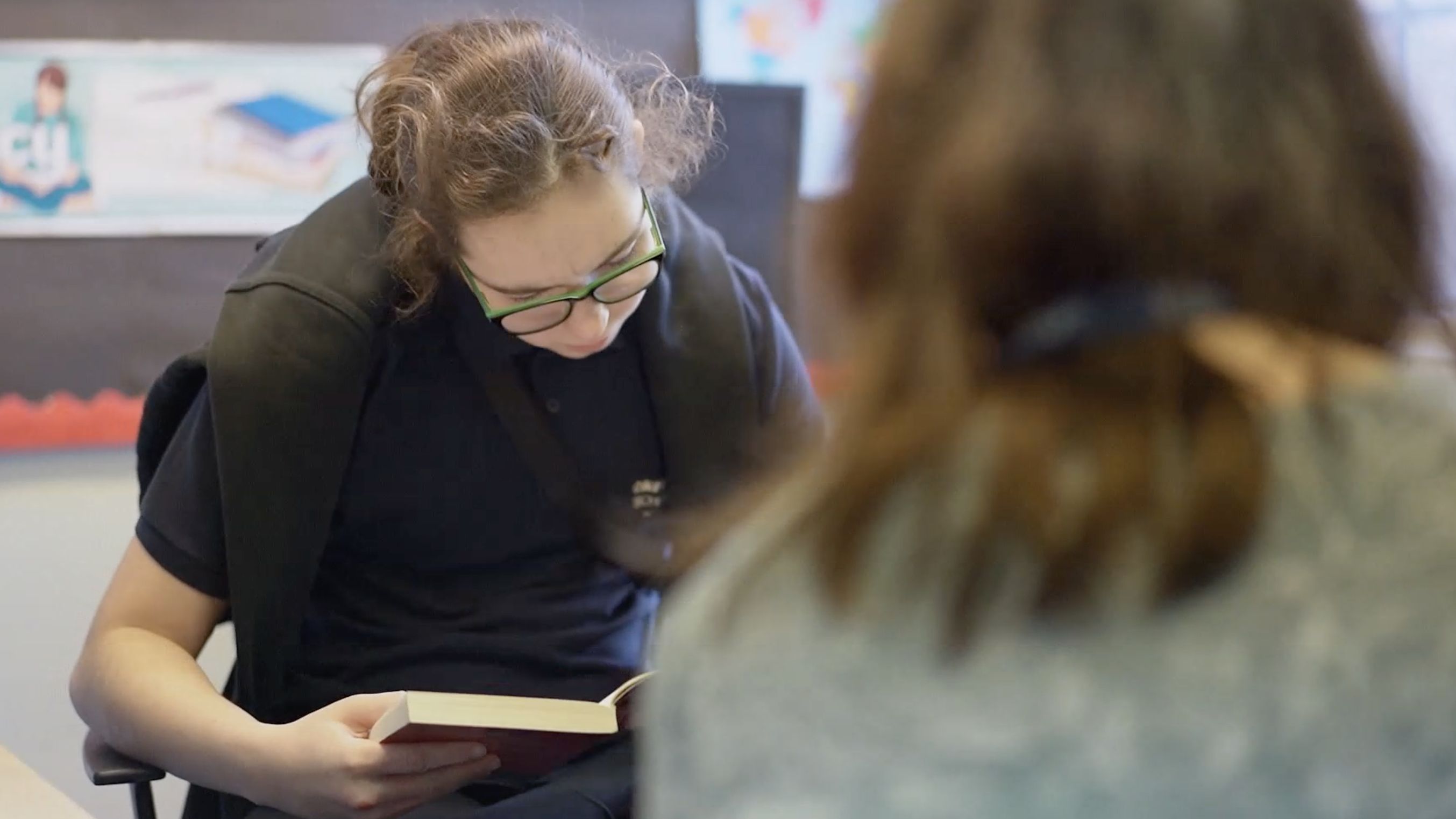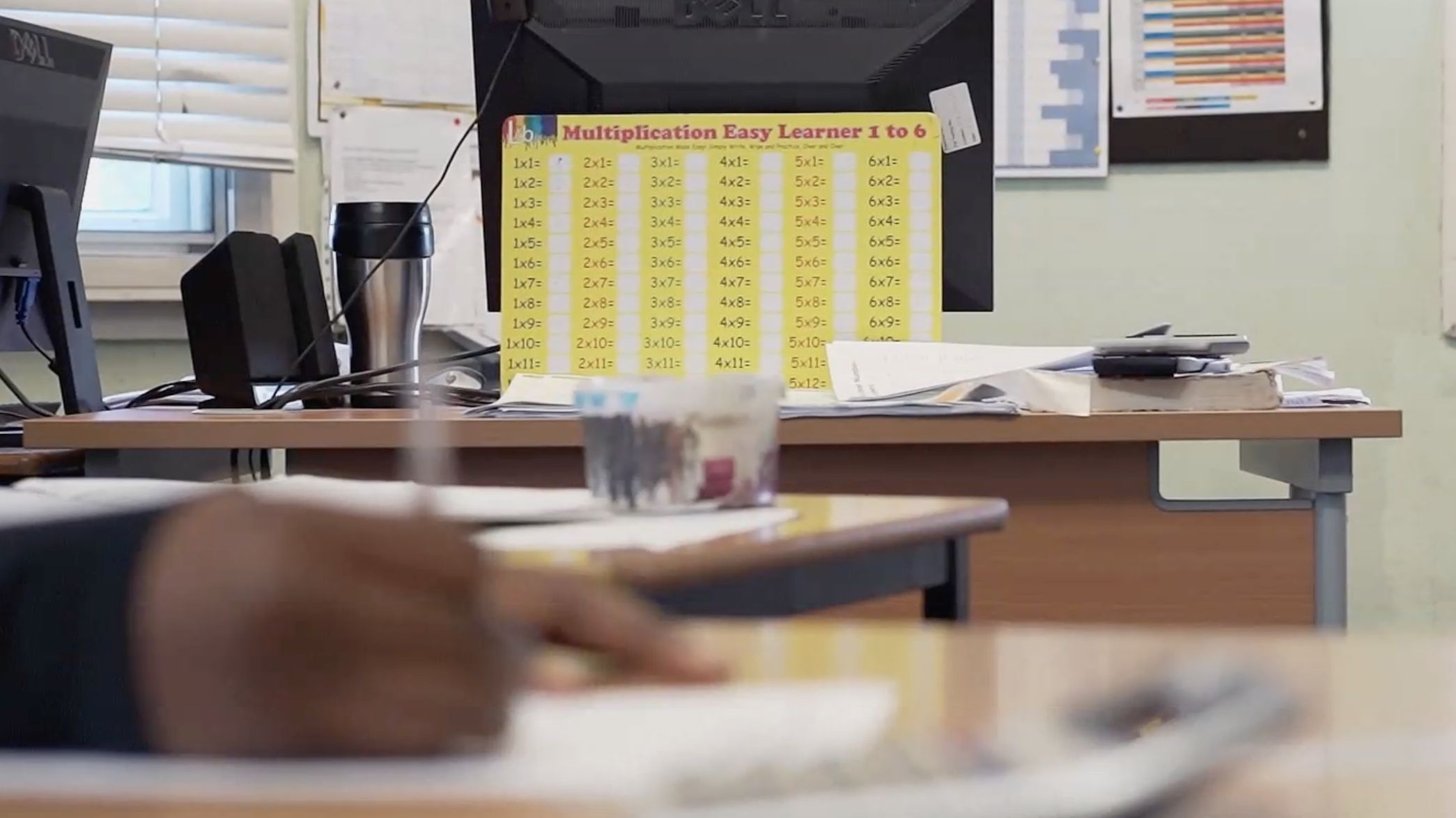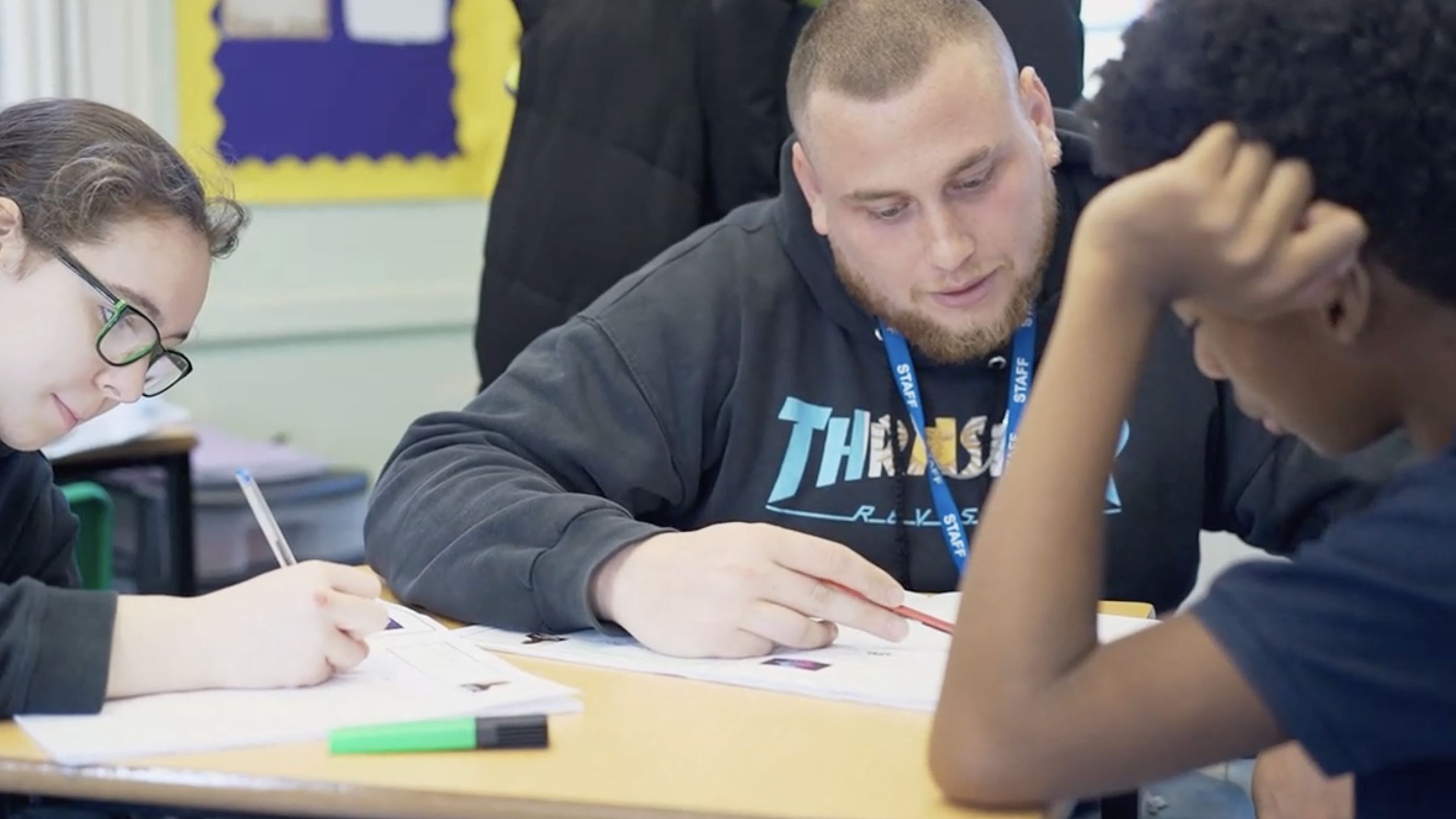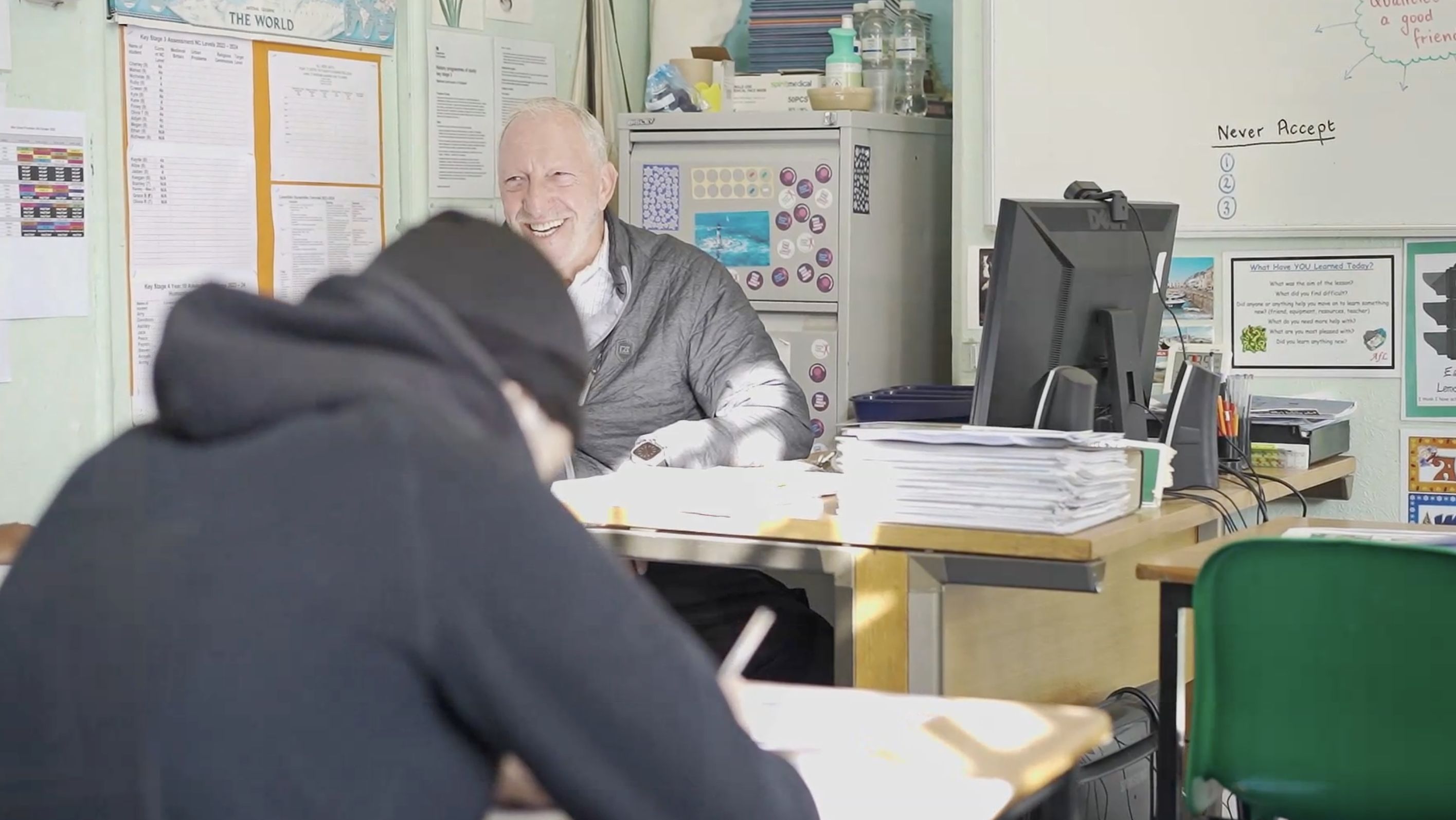Curriculum
The curriculum at the Cavendish School is broad and balanced in both key stage 3 and 4, but students in KS4 are offered a mixture of Entry Level, GCSE subjects and vocational programmes
At Cavendish School we aim to:
Enable students to access the National Curriculum
Address the needs that have been highlighted within each EHCP
Provide a safe environment in which students can learn.
Provide a broad and balanced academic and vocational curriculum.
Facilitate progression into the world of work or further education
The curriculum at the Cavendish School is broad and balanced in both key stage 3 and 4, but students in KS4 are offered a mixture of Entry Level, GCSE subjects and vocational programmes. All courses will lead to national accreditation, be stimulating and relevant to our students. It is essential that teaching and learning strategies provide access to the curriculum for students who find learning complex and challenging. Methods of assessment reveal and record the maximum achievements of our students. The learning process supports the development of a positive identity for all students, together with respect for differences. Teaching methods ensure that there is a differentiation and give bilingual students and those with minimal English as well as those with learning difficulties, every opportunity to access the curriculum. All students undertake baseline assessments in mathematics and English at the start of their programme at the school. These tests indicate strengths and weaknesses and inform individual learning programmes. This allows the package of teaching and learning to be very relevant and specific to each student.
Cavendish School curriculum aims to address:
The requirements of section 1 of the Education Reform Act 1988
The requirements of section 19 of the 1996 Education Act to provide suitable education The requirements of the LA curriculum policy as amended for exceptional education provision
Reasonable attention to the programmes of study of the National Curriculum
Appropriate accreditation based on the assessment needs of the pupil referred.
Regard for the spiritual, moral, social and cultural development of young people
Provision of sex education
Provision of a cycle of assessment, planning, delivery and evaluation with transition to appropriate provision
Provision of work-related learning
Provision of work-related experiences
Policies
